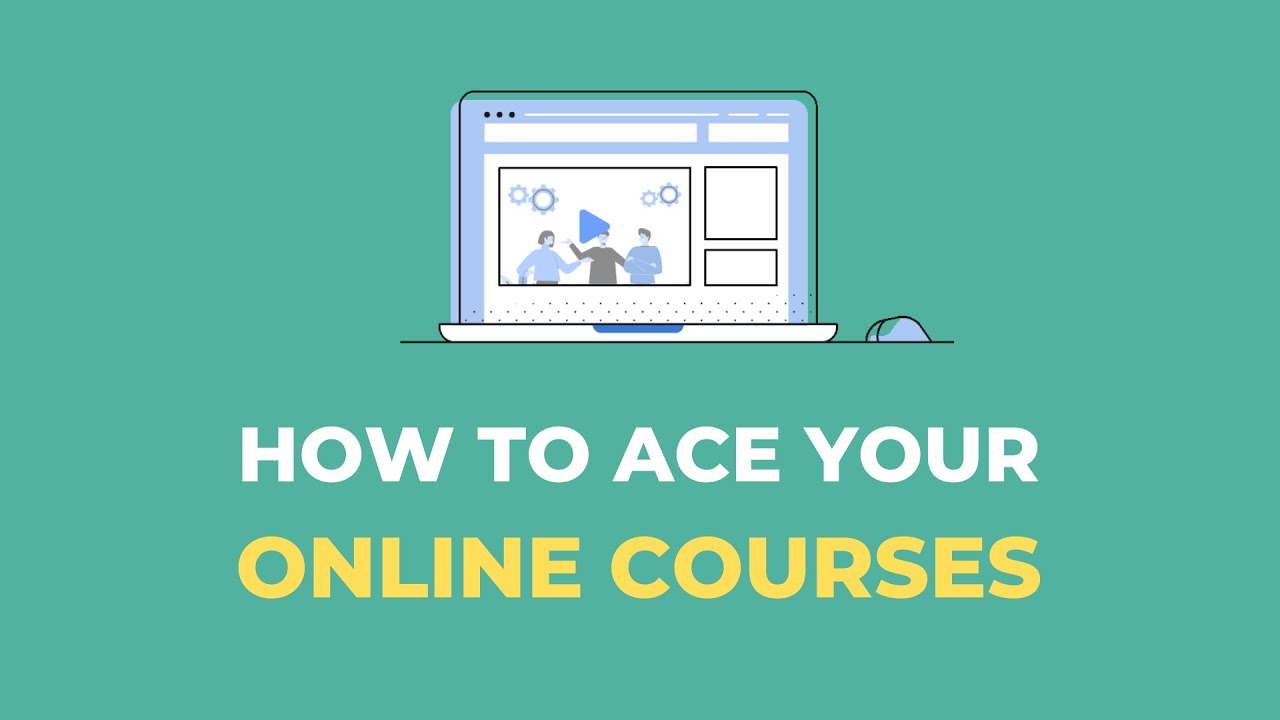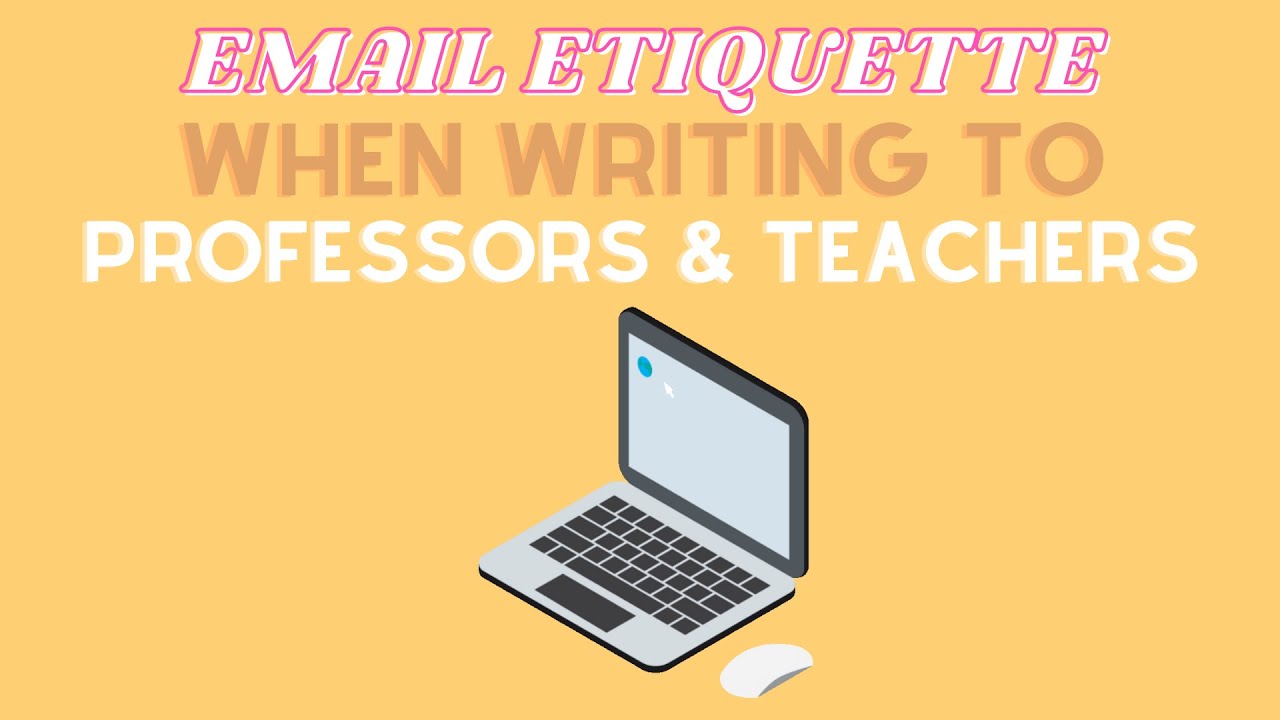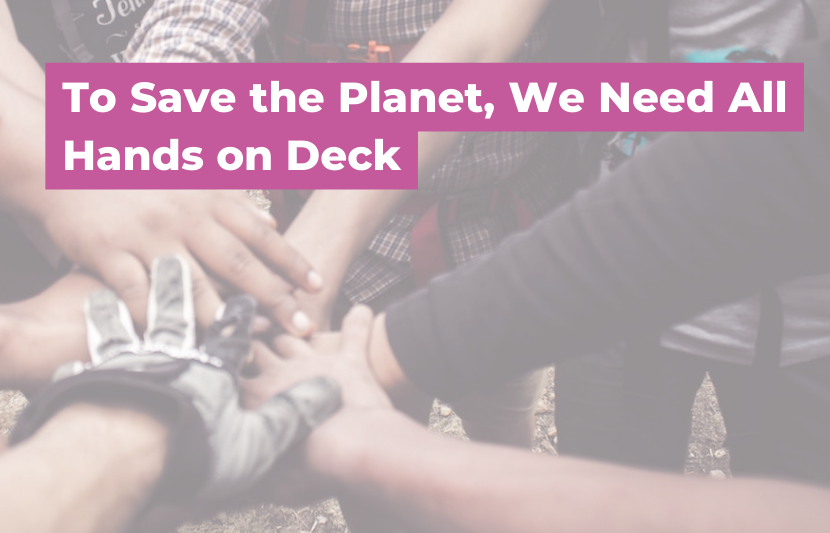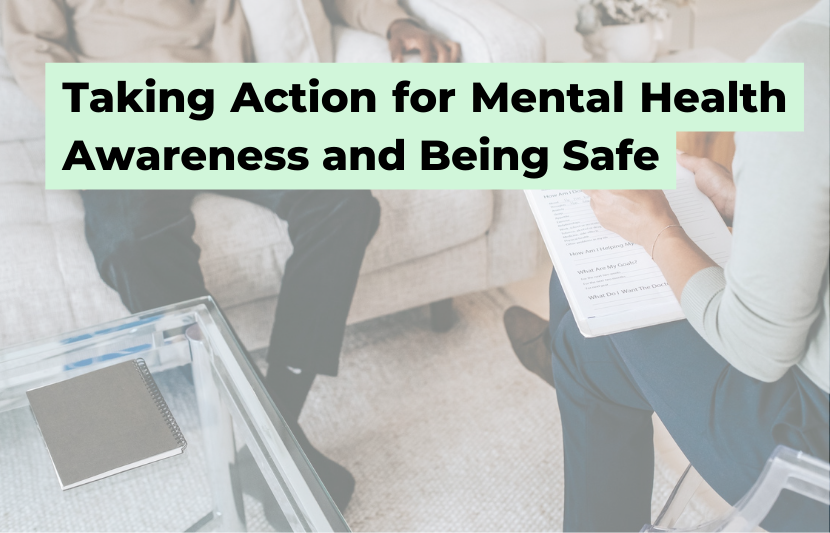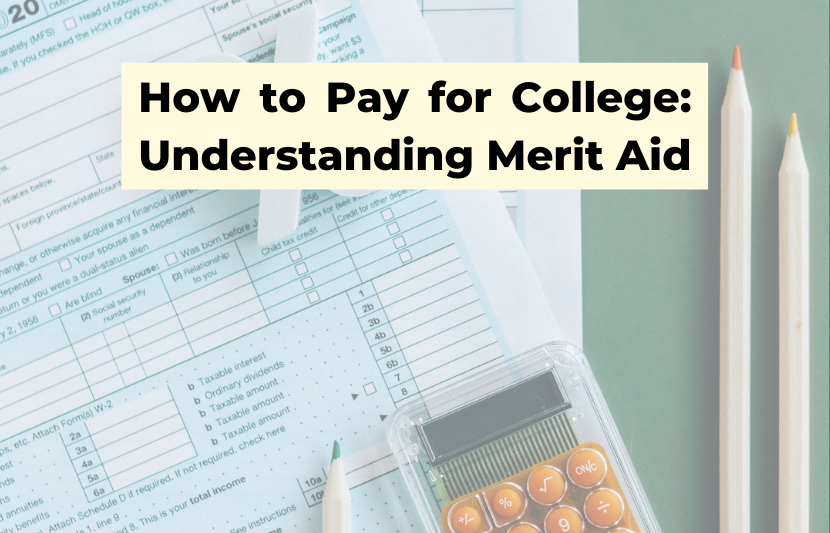In this episode of TUN TV, Dr. Crystal Rose interviews Gilbert Mendivil, president of Connect-In-Place, about advice on how to ace online courses.
Dr. Rose: Welcome to The University Network TV, where we scan the globe to give students, their families, educators and employers, the very best tips for student success. I’m your host today, Dr. Crystal Rose. And on today’s show, we’re featuring our series “Winning At Learning.”
On today’s show, we’re discussing online courses – something that has become forever a part of our new normal. The journal Inside Higher Ed reported that distance education has even increased up to 93 percent since COVID.
And here today, to walk us through, is Gilbert Mendivil, the president of Connect-In-Place, one of The University Network’s community partners.
Mendivil: It’s a pleasure to be here. Let’s get right into it. I’m excited to talk about today’s topic.
Dr. Rose: Can you tell us what are some key tips that most students may not know when they’re in online courses?
Mendivil: The first thing I’ll start off with is that online courses are not for everybody. It’s honestly about knowing your limits, knowing what you’re capable of, and knowing how much you could manage. The thing with online courses – the best advice I think – as a college student, we transitioned in the middle of COVID from in-person learning to online learning. And the biggest thing was, you needed to stay on top of everything.
In an in-person environment, you get those reminders, you get that feedback. But in an online environment, it’s a little bit more self-management. So, you need to do a lot of it on your own. Sometimes that means keeping a planner, keeping a calendar, and in very rare cases, you have people like myself that can maybe remember things really well.
But again, it depends on your management style, how many reminders you need. Like I said, the best piece of advice for an online class is again, being prepared, staying on top of things, and making sure that you’re aware of deadlines, projects that are coming up, and pace things at your own pace. Make sure that you’re still doing well, you’re getting those projects, those papers, that you’re getting them done at a pace that’s good for you.
In most cases, I would say, in an online environment, give yourself twice the time as in an in-person environment. There’s a lot that you need to keep track of – deadlines sometimes, we may forget them. So keeping a planner, keeping a calendar, a to-do list — all those things are very helpful for doing well online.
Dr. Rose: What shouldn’t you do with online learning?
Mendivil: One of the biggest things with pet peeves is, in an online course, especially, not communicating. Communication is what drives every human action that we do, and it also drives success behind those actions, too. As someone who’s taught in an online environment before, who’s experienced not only as a student but as a teacher, too, communication is key.
If you’re struggling, if you need additional resources or extra help, always reach out to the person in charge of the class or to somebody who helps out with the class, or a teacher’s assistant maybe. Always keep in communication with your instructor. Make sure that you’re getting the help that you need. Make sure that you’re getting the resources that you need.
Communication is key and if you don’t communicate, as we say, we don’t know how to help you if you don’t communicate. And that’s from a teacher’s perspective, too. We can’t read minds, unfortunately, although we would love to someday, if that is a capability that we could do. But as always, I encourage student-teacher relationships, to keep that tight. Always communicate about what you need.
If you communicate and, as we mentioned before, if you’re keeping up with the planner and to-do list, you’re in great shape for taking an online course.
Dr. Rose: Something else can happen, which I’m hearing from a lot of students – burnout. So, are there some tangible suggestions to prevent burnout from online learning experiences?
Mendivil: From working in a virtual environment, it could go both ways. Whether you’re in school or whether you’re in a work environment. Pacing is very key. Obviously, work to your own ability. Work to your absolute capacity. Don’t always force that capacity, but always know your limits.
One of the biggest things in an online environment is pacing things out. And it’s very key. Burnout usually happens, sometimes, when we overestimate our limits. Sometimes, we love to say “Yes” to things. Saying “Yes” to things and making ourselves happy or seeing others happy — it’s awesome. But, with burnout, comes a lot of mental health issues as well. So, knowing yourself a little bit better and knowing when to say “No” and how to space things out really well is key.
It depends on you. Do the easy things first and save the hard things for later, or if you want to do the reverse way, do the hard things first and then kind of give yourself a break as you go on – you could do it that way. But again pacing is one part of that.
The other thing to avoid burnout is to do things you like to do in between. Life is more than just work in school. There’s other things to it. You have hobbies, you have interests, you have recreational things that you love to do on the side. Make time for those, tpo.
It’s always about having that work life balance and this applies to students, too. Whether you’re in high school or in college, make sure that you’re balancing everything out correctly. And burnout is still inevitable, whether you’re in an online environment or in person. It’s something that we all experience to different extents.
But there’s always ways to mitigate that. Spend time with your family. Do something you enjoy doing, something that makes you relaxed and takes your mind off the stresses of work or school. If you balance those things really well together, burnout will just seem like a thing that just happens every so often as opposed to feeling that way every day or every month.
No one should have to feel that way, but always manage it to things you love and the things that you need to get done.
Dr. Rose: It also sounds like self-knowledge is really key and also to find coping strategies and
really sort of mix it up. This is great. Thank you so much for joining me and sharing these words of wisdom today, Gilbert.
Mendivil: Absolutely, Crystal. It’s my pleasure. And to all the students out there, I wish you the best of luck. These are tough times, but pull through it and you’ll do great.
Dr. Rose: Thank you so much for joining us for this episode of The University Network TV. I’m your host, Dr. Crystal Rose. Until next time.
This interview has been edited for clarity.
For more exclusive interviews with experts who share their insight to help students succeed, check TUN TV!

